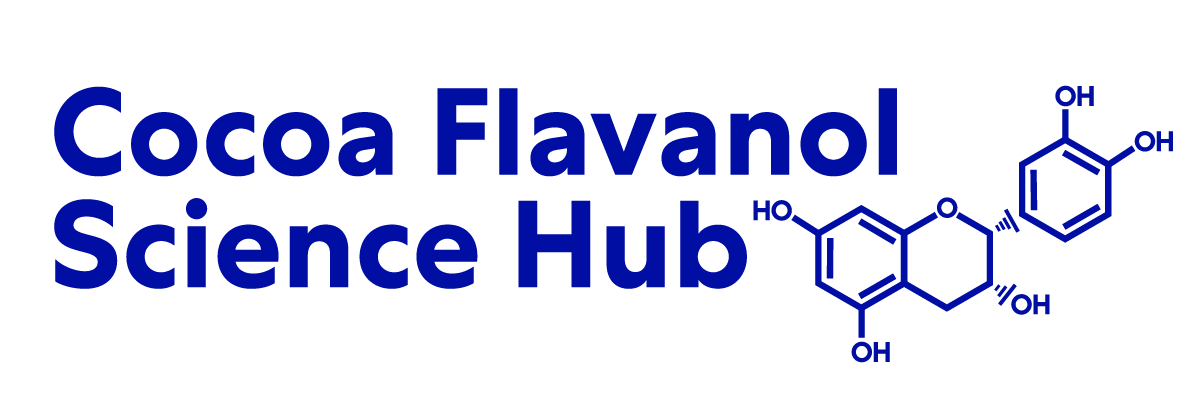Chronic consumption of flavanol-rich cocoa improves endothelial function and decreases vascular cell adhesion molecule in hypercholesterolemic postmenopausal women.
Endothelial dysfunction characterizes many disease states including subclinical atherosclerosis. Theconsumption of flavanol-rich cocoa and cocoa-based products has been shown to improveendothelial function in both compromised and otherwise normal, healthy individuals when administered either acutely or over a period of several days, or weeks. Women experience increased risk for cardiovascular disease after menopause, which can be associated with endothelialdysfunction. Whether a flavanol-rich cocoa-based product can improve endothelial function inhypercholesterolemic postmenopausal women is not known. The purpose of the present study was to determine whether chronic dietary administration of flavanol-rich cocoa improves endothelial functionand markers of cardiovascular health in hypercholesterolemic postmenopausal women. Thirty-twopostmenopausal hypercholesterolemic women were randomly assigned to consume a high-flavanolcocoa beverage (high cocoa flavanols (CF)--446 mg of total flavanols), or a low-flavanol cocoabeverage (low CF--43 mg of total flavanols) for 6 weeks in a double-blind study (n=16 per group).Endothelial function was determined by brachial artery-reactive hyperemia. Plasma was analyzed for lipids (total cholesterol, high-density lipoprotein cholesterol, low-density lipoprotein cholesterol), hormones (follicle-stimulating hormone), total nitrate/nitrite, activation of cellular adhesion markers (vascular cell adhesion molecule 1, intercellular adhesion molecule 1, E-Selectin, P-Selectin), and platelet function and reactivity. Changes in these plasma markers were then correlated to brachial reactivity. Brachial artery hyperemic blood flow increased significantly by 76% (P<0.05 vs. baseline) after the 6-week cocoa intervention in the high CF group, compared with 32% in the low CF cocoagroup (P=ns vs. baseline). The 2.4-fold increase in hyperemic blood flow with high CF cocoa closely correlated (r2=0.8) with a significant decrease (11%) in plasma levels of soluble vascular cell adhesion molecule-1. Similar responses were not observed after chronic use of low CF. There were no significant differences between high and low CF in other biochemical markers and parameters measured. This study is the first to identify beneficial vascular effects of flavanol-rich cocoaconsumption in hypercholesterolemic postmenopausal women. In addition, our results suggest that reductions in plasma soluble vascular cell adhesion molecule-1 after chronic consumption of aflavanol-rich cocoa may be mechanistically linked to improved vascular reactivity.
See the Full Study > (opens in a new tab)









